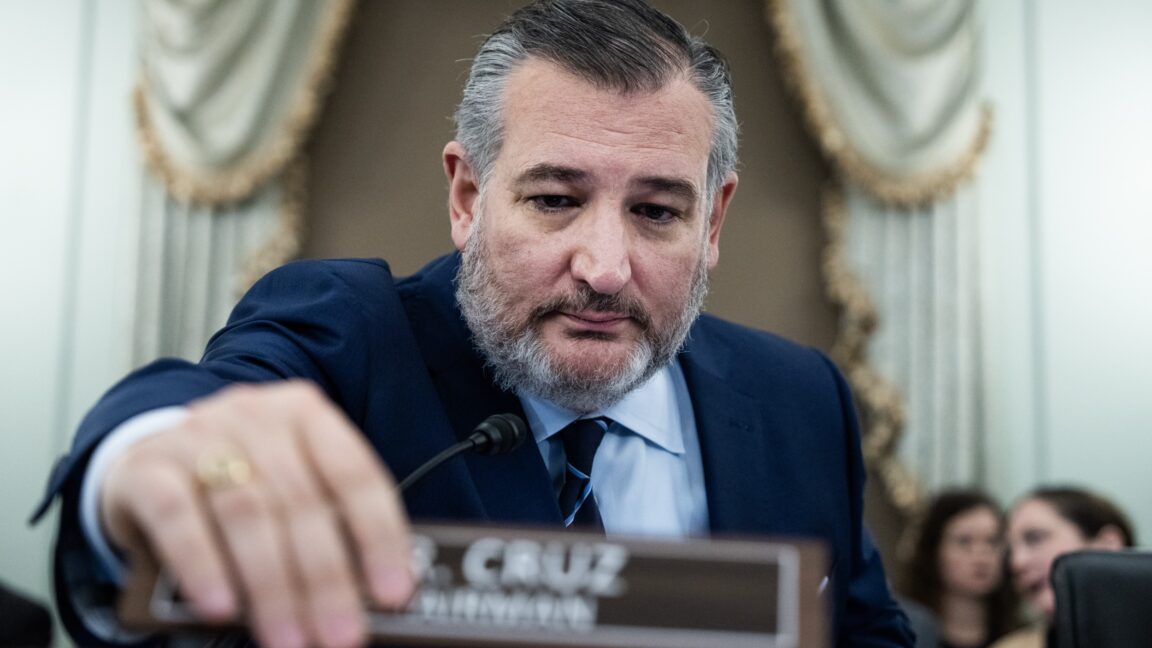
"Blumenthal pointed out that under a joint resolution of disapproval, the FCC is forbidden to adopt a similar rule in the future. 'I have to ask, really? Are schools and teachers crying out to repeal this rule? Really? No, they are not. How does this proposal make any sense for them or for families? For the parents? For the community? It makes no sense,' Blumenthal said."
"Sen. Edward Markey (D-Mass.) called the Republican move 'a cruel and shortsighted decision that will widen the digital divide and rob kids of the tools they need to succeed.'"
"FCC Chairman Brendan Carr, who was elevated to the agency's top spot by Trump in January, voted against the program last year. Carr said in his dissent that only Congress could decide whether to revive the hotspot lending. 'Now that the ECF program has expired, its future is up to Congress,' he said."
"The House version of the measure to kill the lending program was introduced by Rep. Russ Fulcher (R-Idaho). 'E-Rate was designed to ensure schools and libraries have the connectivity they need to educate and serve their communities, not to create a backdoor entitlement program that stretches beyond its intended purpose.'"
Senators, including Richard Blumenthal and Edward Markey, have criticized the FCC's recent moves to eliminate the hotspot lending program which provided critical internet access. Blumenthal emphasized that there is no demand from schools to repeal such a rule and questioned the logic behind it. Meanwhile, the FCC Chairman, Brendan Carr, opposed this program, asserting that its future depends on Congress. The E-Rate program aims to secure connectivity for educational institutions but is now under threat, igniting a significant debate over digital equity for students and communities.
Read at Ars Technica
Unable to calculate read time
Collection
[
|
...
]